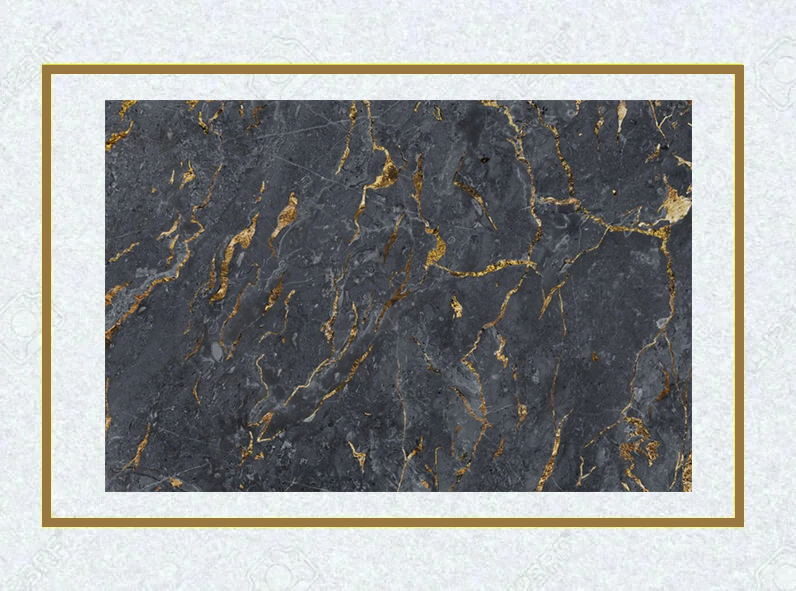When it comes to construction projects, whether it is building a new house or renovating an existing structure, the quality of mortar plays a vital role in ensuring the durability and strength of the final result. Mortar acts as the bonding agent that holds bricks or stones together, providing stability and structural integrity.
However, not all mortars are created equal, and using low-quality mortar can compromise the longevity and safety of your construction. Here are five essential tips to help you distinguish high-quality mortar from mortar suppliers in Himachal Pradesh, enabling you to make informed decisions for your construction projects.
- Understand the Ingredients:
To identify high-quality mortar, it is crucial to understand its composition. Traditional mortar consists of a mixture of cement, sand, and water. However, high-quality mortar often incorporates additional ingredients like lime or admixtures to enhance specific properties. Lime increases workability, bond strength, and flexibility, while admixtures can improve durability, water resistance, and reduce shrinkage. Familiarize yourself with the different types of mortar and their ingredients to select the most suitable option for your project.
- Evaluate the Consistency:
The consistency of mortar is a critical indicator of its quality. Ideally, mortar should have a smooth and creamy texture, making it easy to spread and work with. High-quality mortar from the top mortar manufacturers in Himachal Pradesh maintains its consistency throughout the application process and does not become excessively stiff or runny. Test the mortar by scooping a small amount onto a trowel and examining its texture. If the mortar is too dry, it may lack proper adhesion, while overly wet mortar can lead to shrinkage and weak bonds.
- Check for Proper Mixing:
Proper mixing is essential to achieve consistent quality. A well-mixed mortar should have a uniform color and texture, indicating that all the ingredients are evenly distributed. It is crucial to ensure that the mortar has been mixed for an appropriate duration and at the correct ratio. Inconsistent mixing can result in weak spots, affecting the mortar’s strength and performance. Consider using pre-mixed mortars or follow established guidelines for on-site mixing to ensure consistency and reliability.
- Assess Bonding Strength:
The bonding strength of mortar is a crucial factor in determining its quality. A high-quality mortar should provide a strong bond between the bricks or stones, ensuring structural stability. To assess bonding strength, conduct a simple test by applying a small amount of mortar between two bricks and allowing it to dry. Afterward, try to separate the bricks using moderate force. If the mortar holds the bricks firmly without significant damage, it indicates good bonding strength.
- Consider Long-Term Performance:
Lastly, it is essential to consider its long-term performance. High-quality mortar should exhibit excellent durability and resistance to environmental factors such as moisture, freeze-thaw cycles, and chemical exposure. Research and choose mortar that is specifically designed for the intended application and the local climate conditions. Look for products that are backed by independent testing or certification, indicating their ability to withstand long-term stress and maintain their integrity over time.






